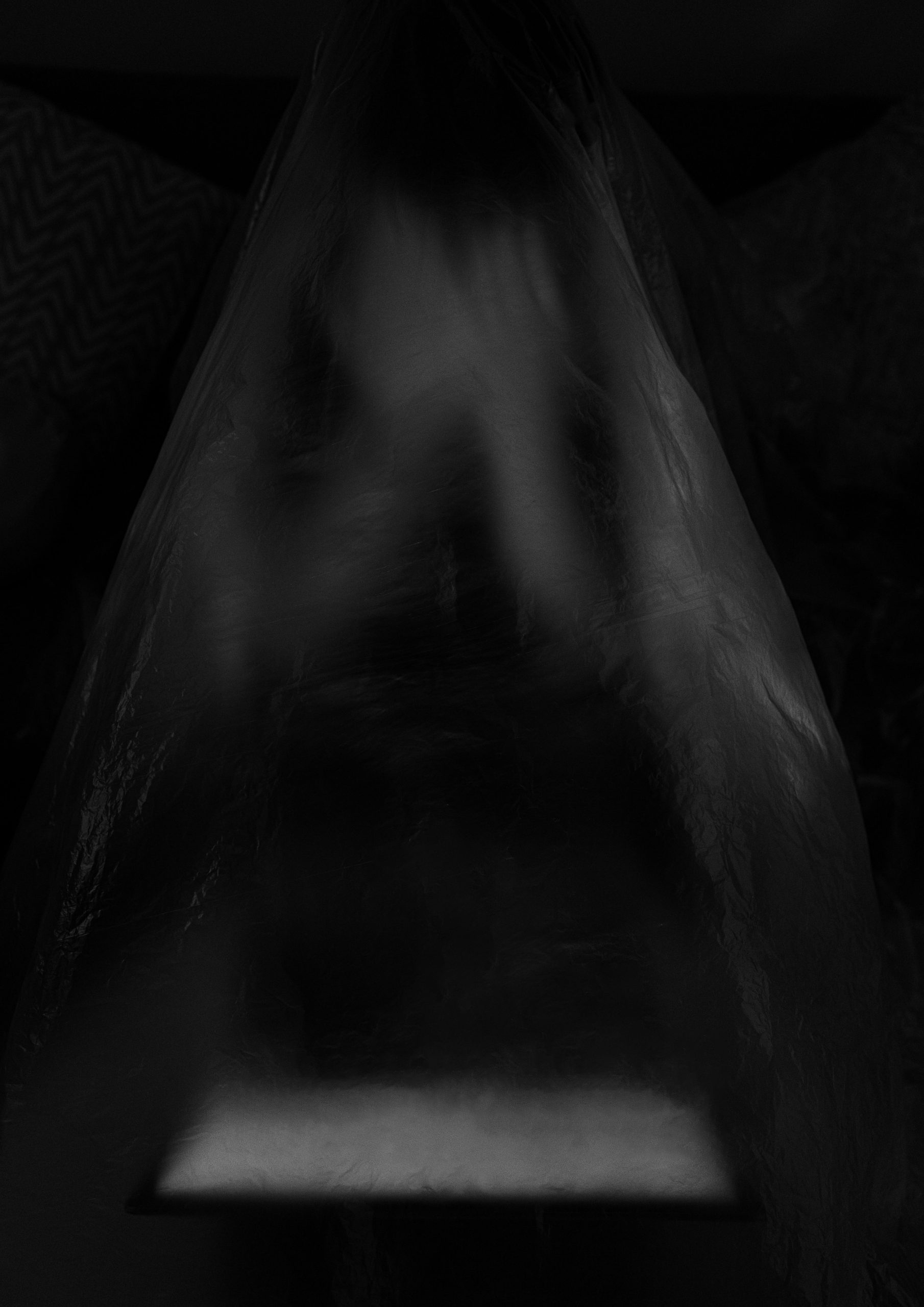Break up the Silence
At the intersection of psychology and geography, psychogeography teaches us to re-perceive this environment, to just hang out and explore it. Behind the concept is a set of techniques developed in 1955 by the French philosopher Guy Debord, who called derive – “drift”. The idea is that depending on what people are interested in in the situation, people will follow what they know, and then that will take them where they need to go. The end result can lead to amazing discoveries.
Psychogeography encourages people to interact with physical space. It involves moving through space both physically and mentally. Because of my frequent moving, everything at home is strange to me, in another moving experience, I explore my new community, discuss my knowledge and feelings of another moving experience, while exploring home, but also explore their own “home” gives me the true feelings of the heart.
打破沉默
在心理学和地理学的交汇处,心理地理学教会我们重新感知这个环境,只是在这个环境闲逛和探索。这个概念的背后包括法国哲学家 Guy Debord 于 1955 年开发的一系列技术,他称之为 dérive——“漂移”。 这个想法是看当时情况下人们对什么事物感兴趣,人们会跟随他们固有的认知,然后认知会带他们去他们该去的地方。最终结果可以带来惊人的发现。
心理地理学鼓励人们与物理空间互动。它涉及在身体和精神上穿越空间。由于我经常搬家的缘故,家的一切令我感到陌生,在又一次的搬家经历中,我探索了我的新社区,讨论我对又一次搬家经历的认知和感受,在探索家的同时,也是探索自己对“家”所给予我内心的真实感受。







